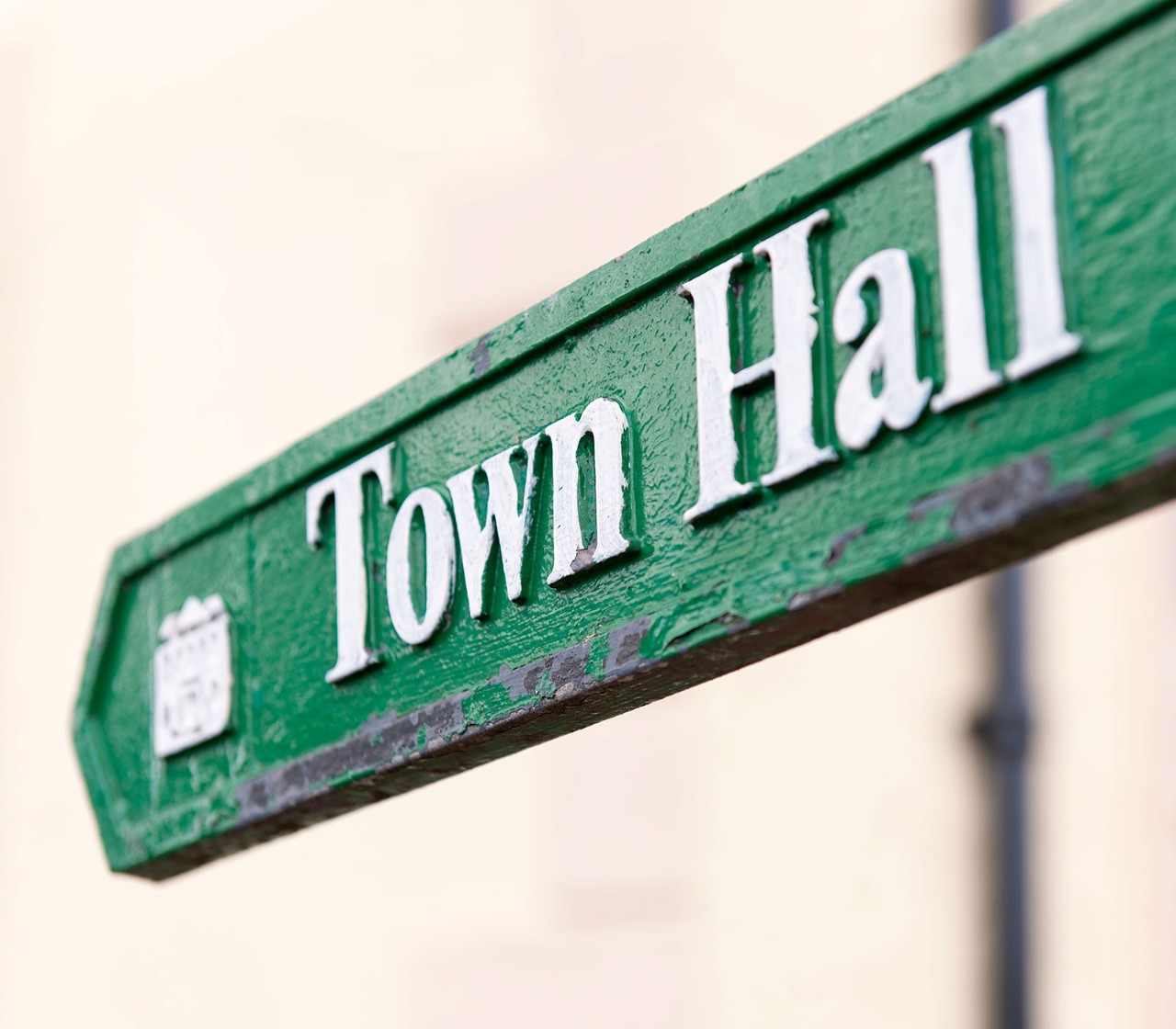
The Covid-19 pandemic has further underlined the importance of finance to small and medium-sized enterprises (SMEs). With UK businesses facing extremely challenging trading conditions, the government launched schemes earlier this year to help them access the vital funding that would see them through the crisis.
Figures published by HM Treasury in August reveal the extent to which businesses seized the opportunity to access this additional finance. Some 1.17 million small and micro businesses accessed a loan through the Bounce Back Loan Scheme, while 60,400 businesses had been approved for Coronavirus Business Interruption Loan Scheme (CBILS) packages to the value of £13.7bn.
Nevertheless, the process of securing funding can be fraught with difficulty for SMEs. It can also result in businesses entering into disputes with their banks – disputes that are not necessarily quickly or easily resolved.
Enter the BBRS
This is where the Business Banking Resolution Service (BBRS) comes in. The BBRS is a voluntary scheme, set up by seven banks, which was formed in response to Simon Walker’s SME Complaints and Resolution Review in 2018. The review identified a need for an independent service to resolve eligible historical and current complaints for small and medium-sized businesses that did not fall within the jurisdiction of the existing Financial Ombudsman Service.
Many accountants are themselves SMEs and might have need of independent dispute resolution
The BBRS has been operating a live pilot since the beginning of this year and will officially launch ‘later in the autumn’. A free and impartial service, it aims to resolve disputes between small and medium-sized businesses and their banks, delivering fair and reasonable outcomes.
It will consider complaints from companies, partnerships and sole traders, as well as other structures including charities and trusts. Before lodging a complaint with the BBRS, a business must have first complained to its bank and given the bank the opportunity to resolve the dispute.
There are good reasons why accountants should familiarise themselves with the BBRS, according to its chair, Lewis Shand Smith. ‘Accountants are often the proxy financial director for lots of the companies they work for,’ he notes. ‘So it’s really important they have knowledge of this service and are able to encourage their clients to use it.’ Additionally, many accountants are themselves SMEs and might have need of independent dispute resolution.
Range of complaints accepted
The BBRS will accept complaints from UK-registered businesses about any of the seven banks participating in the service, which include Barclays, HSBC, Lloyds and NatWest Group. It will operate schemes for both historical and current complaints that have not previously had access to independent review:
- The historical scheme is designed for complaints filed between 1 December 2001 and 31 March 2019. To meet the criteria of the scheme, a business must have a maximum annual turnover of up to £6.5m per annum and total assets up to £5m.
- The current scheme accommodates larger businesses that are still ineligible for the Financial Ombudsman Service, despite the scope of the ombudsman being expanded from 1 April 2019. To meet the criteria of the scheme, businesses must have a maximum annual turnover of £10m and total assets of up to £7.5m.
The BBRS will consider a wide range of complaints about banks. These include complaints relating to unfair fees and charges, unknown or unfavourable terms and conditions, inappropriate advice, lengthy timescales that had a negative impact on the business, and unacceptable and inappropriate behaviour on the part of the bank.
How does it work?
When it receives a complaint, the BBRS will first attempt to resolve the dispute by talking to the bank. If resolution is not possible at this stage, the complaint will proceed to investigative adjudication. The BBRS employs customer champions who will support businesses to identify the most relevant evidence in relation to their complaint.
After looking at the evidence from both parties, the BBRS will then reach a decision, taking into account the relevant legislation and codes of conduct that were in force at the time the complaint was filed.
If the BBRS finds in favour of the person bringing the complaint, it will make a recommendation to the bank. That recommendation could include a financial award of up to £350,000 for complaints filed with banks before 31 March 2019 and £600,000 for contemporary complaints.
‘The biggest benefit is that we now have a mechanism for having disputes resolved without having to go litigation’
The BBRS tries to resolve cases as quickly as possible. There are opportunities for both sides to settle before a final decision is reached.
SMEs that want to log a complaint about their bank can register their interest now by going to the BBRS website. They can also register their interest by phone and in writing.
The benefits
So how will engaging with the BBRS be beneficial? ‘The biggest benefit is that we now have a mechanism for having disputes resolved without having to go litigation,’ explains Shand Smith. ‘Litigation is expensive, it’s slow, it’s very high risk and it’s very confrontational.’
Avoiding court is also good for banks because it saves them money and reduces the likelihood of them incurring reputational damage.
Nearly a third (29%) of small business-decision makers polled by the BBRS state that they have experienced behaviour from their bank this year that would give them cause to lodge a complaint. Given this context, it is just as well the BBRS has come into being.
Shand Smith argues that, ultimately, the BBRS should help to foster good relationships between banks and their SME customers. He says: ‘Knowing that protection is there should help to rebuild relationships between the SME community and the banks.’

